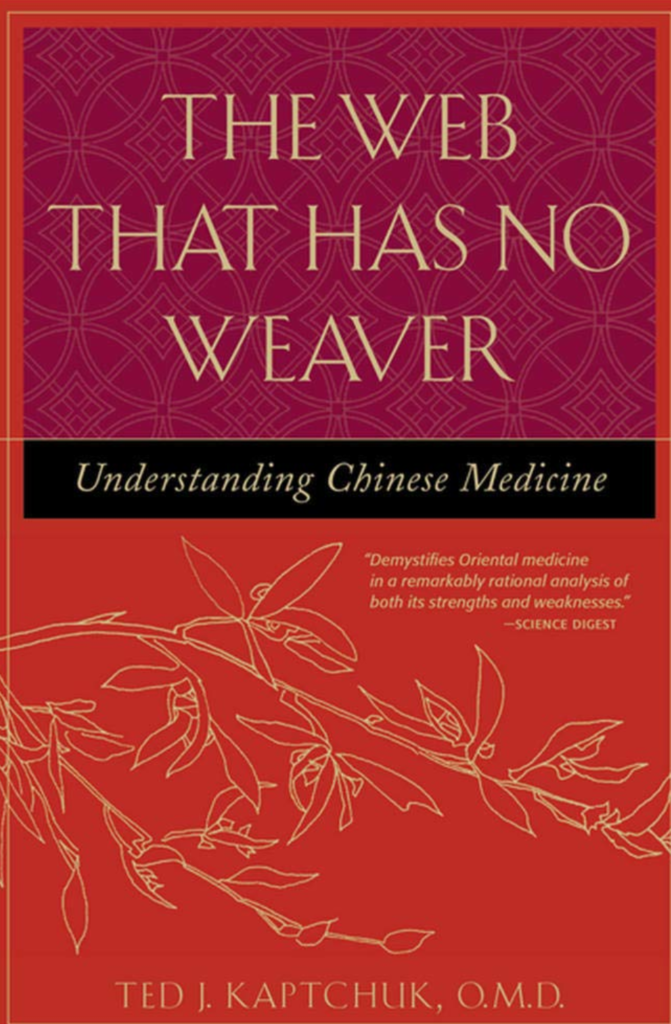“The Web That Has No Weaver” by Ted Kaptchuk is a comprehensive exploration of traditional Chinese medicine (TCM) that has become a cornerstone text for both practitioners and enthusiasts of holistic health. Originally published in 1983, Kaptchuk’s work has stood the test of time, offering timeless wisdom and insights into the intricate web of Chinese medical philosophy and practice.
At its core, the book delves into the foundational principles of TCM, unraveling the interconnectedness of the body, mind, and spirit. Kaptchuk skillfully guides readers through the fundamental concepts of yin and yang, qi (pronounced “chee”), and the five elements, elucidating how these principles underpin the diagnosis and treatment of illness in TCM.
One of the book’s greatest strengths lies in its ability to bridge the gap between Eastern and Western approaches to health. Kaptchuk, who is both a practitioner of TCM and a trained Western medical doctor, offers a balanced perspective that acknowledges the strengths and limitations of both systems. By weaving together insights from anatomy, physiology, and pathology with the holistic framework of TCM, he provides readers with a nuanced understanding of health and healing.
Moreover, Kaptchuk’s writing style is accessible and engaging, making complex concepts digestible for readers of all backgrounds. He intersperses theoretical discussions with practical examples, case studies, and anecdotes, bringing the principles of TCM to life and illustrating their relevance to everyday health challenges.
Another notable aspect of “The Web That Has No Weaver” is its emphasis on the importance of individualized care. Rather than adopting a one-size-fits-all approach, TCM recognizes the unique constitution and needs of each person. Kaptchuk emphasizes the role of the practitioner as a facilitator of healing, guiding patients on a journey toward balance and wellness tailored to their specific circumstances.
While some may approach TCM with skepticism, Kaptchuk’s book encourages readers to approach it with an open mind, inviting them to explore a different paradigm of health and healing. Whether readers are new to TCM or seasoned practitioners, “The Web That Has No Weaver” offers valuable insights and perspectives that deepen one’s understanding of the human body and its interconnectedness with the world around it.
In conclusion, “The Web That Has No Weaver” is a timeless masterpiece that continues to be a definitive resource for anyone interested in exploring the rich tapestry of traditional Chinese medicine. Ted Kaptchuk’s blend of scholarship, clinical experience, and compassion makes this book a must-read for anyone seeking a holistic approach to health and wellness.
